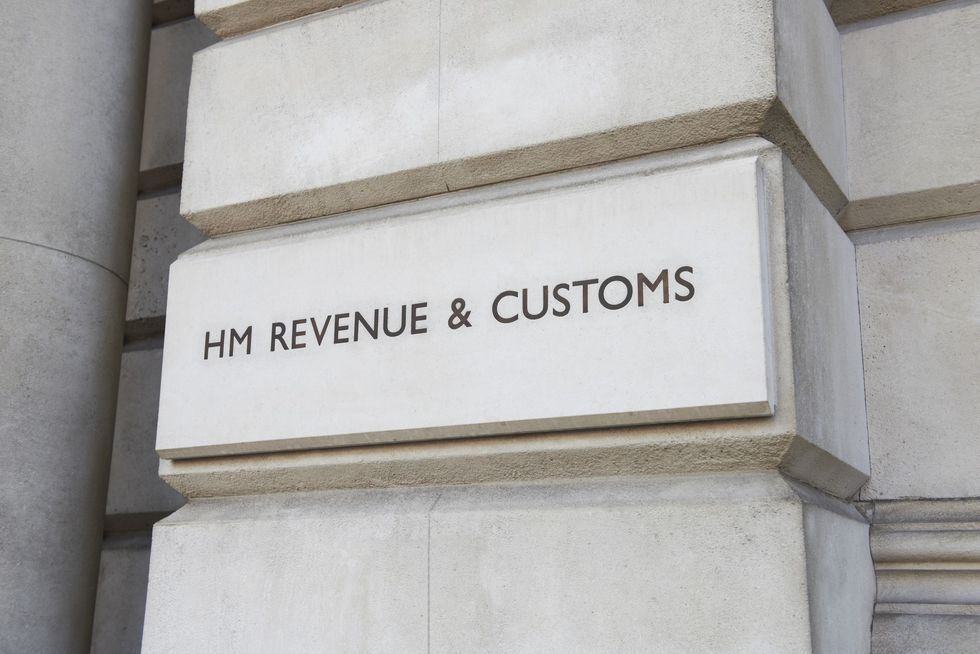HMRC issues warning to anyone with £3,500 in savings as Britons face unexpected tax bills

Fixed-rate savings bonds are pushing even modest savers over the tax-free limits
Don't Miss
Most Read
Latest
Savers are being warned to brace for unexpected tax bills as HMRC begins sending letters to those with more than £3,500 in their accounts.
The warning comes as rising interest rates have pushed more savers over the Personal Savings Allowance (PSA) - the tax-free threshold on savings interest.
The letters are aimed at people whose interest has pushed them over their (PSA, leaving many unaware that they now owe tax.
Fixed-term savings accounts are proving a particular problem. Unlike easy-access accounts, which pay interest monthly or annually, fixed-rate bonds roll up the interest and pay it all at once when the account matures.
That lump sum can tip even modest savers over the allowance. For example, someone putting £3,500 into a three-year bond paying five per cent would receive more than £500 at maturity, breaching the allowance for higher-rate taxpayers.
The size of one's allowance depends on their income. Basic-rate taxpayers earning under £50,270 can earn up to £1,000 interest tax-free. For higher-rate taxpayers earning up to £125,139, the allowance drops to £500, while anyone earning over £125,140 gets no allowance at all.
That means identical savings can be taxed very differently depending on the saver’s income.
Higher-rate taxpayers also face a steeper bill, paying 40 per cent tax on any interest above their allowance compared with 20 per cent for basic-rate earners. Just £100 above the limit would cost them £40.

For higher-rate taxpayers earning up to £125,139, the allowance drops to £500, while anyone earning over £125,140 gets no allowance at all
| GETTYA saver investing £3,500 at five per cent interest over three years would receive more than £500 when the account matures, immediately exceeding the allowance for those earning above £50,270 annually.
The financial impact intensifies for higher-rate taxpayers, who forfeit 40 per cent of any amount exceeding their allowance rather than the standard 20 per cent.
A higher earner surpassing their £500 limit by merely £100 faces a £40 tax charge. Standard savings accounts present similar risks for those with larger deposits.

These calculations reveal how quickly tax liabilities accumulate across different scenarios
| GETTYAn £11,000 balance generating five per cent annual returns produces £550 in interest, creating tax obligations for anyone earning above £50,270. Basic-rate taxpayers aren't immune either - £21,000 saved at five per cent yields £1,050 annually, surpassing their £1,000 threshold.
These calculations reveal how quickly tax liabilities accumulate across different scenarios. Someone with £7,000 in a two-year fixed bond at five per cent would receive £700 upon maturity, breaching the higher-rate threshold.
Even conservative savers face exposure - a £15,000 deposit earning four per cent annually generates £600, surpassing the £500 limit for those earning above £50,270.

Someone with £7,000 in a two-year fixed bond at five per cent would receive £700 upon maturity, breaching the higher-rate threshold.
| GETTYThe concentration of interest payments in fixed accounts amplifies the problem, as three years of accumulated returns count against a single year's allowance, dramatically increasing the likelihood of unexpected HMRC correspondence.
HMRC adds: "If you go over your allowance, you pay tax on any interest over your allowance at your usual rate of income tax.
"If you’re employed or get a pension, HMRC will change your tax code so you pay the tax automatically.
"To decide your tax code, HMRC will estimate how much interest you’ll get in the current year by looking at how much you got the previous year."










